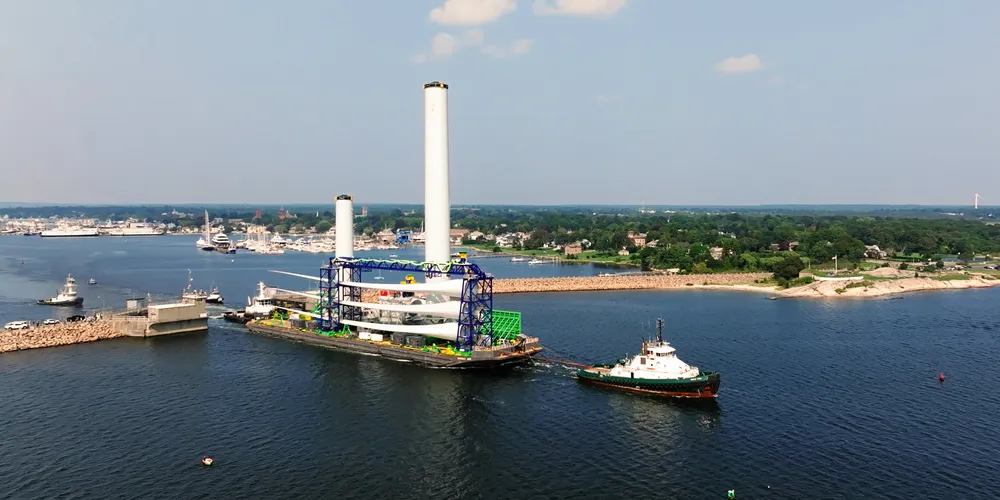‘Level playing field’ | Move to tighten restrictions for offshore wind vessels revived by senator
Although similar to a failed measure last year, latest effort excludes specialised installation vessels that may make it an easier sell to Congress

A crewing measure that would tighten restrictions on foreign-flagged vessels and non-American mariners working in US waters has been revived after dying in last year’s Congress.
“US mariners and maritime companies must be able to compete on a level playing field” in offshore energy, said Cassidy.
According to Cassidy, the current exemptions have “allowed foreign vessels from some of the wealthiest countries to work in US waters and employ mariners not from their home or flag nation but from other low-wage nations.
“We cannot continue to lose to foreign vessels who take advantage of loopholes, avoid paying taxes, and hire foreign workers. This bill finds the balance that maximises opportunities for US companies and workers and avoids project delays.”
The OCSLA along with the more famous Jones Act are among a suite of laws aimed at protecting American maritime industries.
The Jones Act forbids foreign-flagged vessels from calling in at consecutive US ports or points on the OCS, including offshore wind turbines.
These laws largely prevent the US offshore wind industry from accessing the global pool of specialised vessels and force expensive workarounds including the shuttling of components on US-flagged barges to foreign-flagged wind turbine installation vessels (WTIV) waiting at the installation site.
The bill sidesteps a key concern of the offshore energy sectors by exempting some specialised vessels and jobs for which the US lacks capacity, including WTIV.
Jones Act watchdog Offshore Marine Service Association (OMSA), called the bill “a step forward towards providing parity between US-flagged and foreign-flagged vessels operating in US offshore energy markets and ensuring that US energy creation means US jobs”.
Through the WTIV-exclusion, senator Cassidy “has addressed the purported concerns of the energy developers and foreign vessel owners,” said Aaron Smith, president of OMSA.
Offshore wind developers “can either join our American offshore maritime workforce in support of this legislation or admit that they never really wanted to hire Americans in the first place,” Smith added.
The bill now submitted before Congress comes as the US offshore wind sector is facing an unprecedented storm of high inflation and interest rates amid ongoing supply chain disruptions due to the lingering impacts of the global pandemic and war in Ukraine.
The similar bill last year was described as an “existential threat to the future of offshore wind in the US”, according to a letter signed by two dozen industry leaders.
It would also require that all foreign nationals working in US workers be credentialed the same as their American counterparts and that ownership structure be proven to obtain exemptions.
It would further mandate annual vessel inspections and limit the number of visas available for each vessel.
(Copyright)